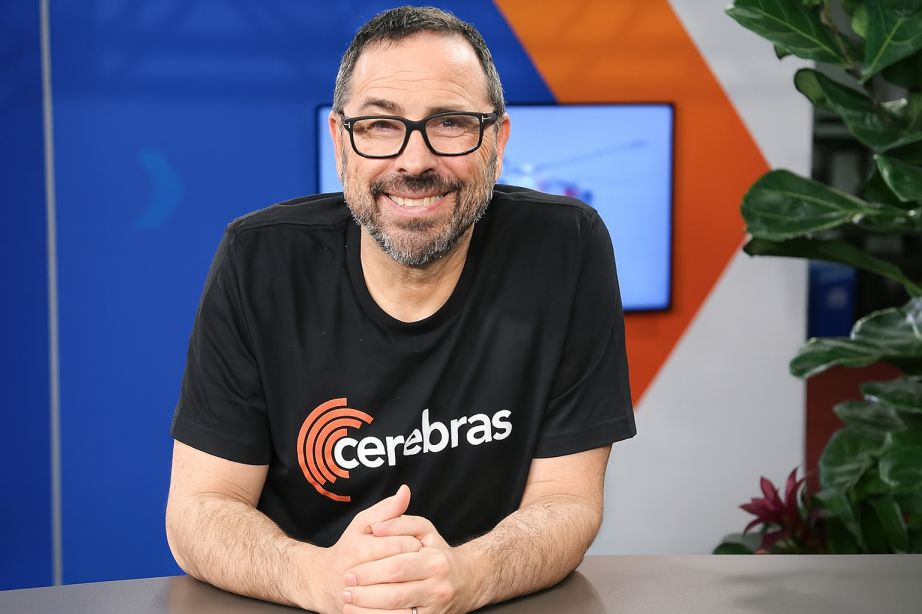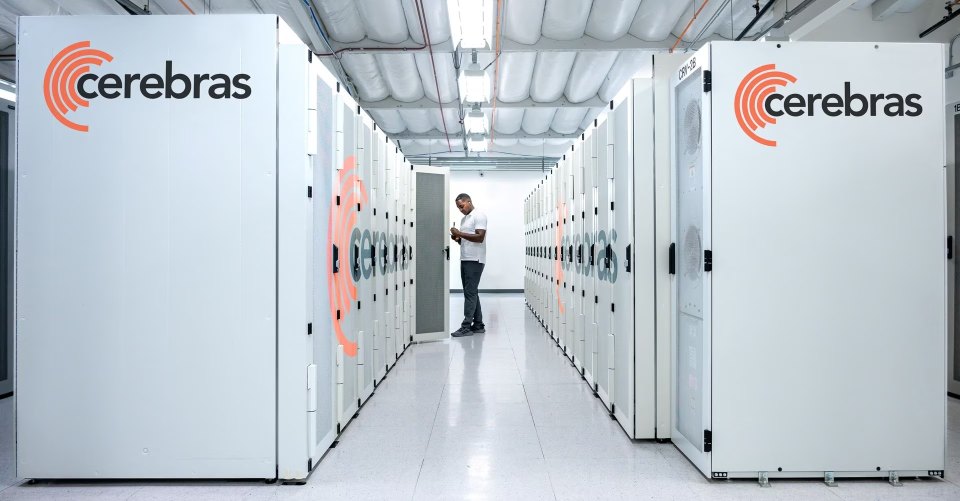Cerebras seeks $1B in private funding to battle Nvidia, delays IPO over security scrutiny

Cerebras Systems isn’t waiting around for Wall Street. The Silicon Valley startup behind some of the boldest AI chip designs is now reportedly aiming to raise up to $1 billion in private capital, pressing pause on its long-anticipated IPO. The move signals a tactical shift as Cerebras tries to firm up its financial footing and go head-to-head with Nvidia—the undisputed heavyweight in AI hardware.
This latest fundraising push, first reported by The Information, comes after a string of IPO delays. Cerebras initially filed confidentially in June 2024 and went public with its plans in September, targeting a raise between $750 million and $1 billion at a valuation between $7 billion and $8 billion. But then came a national security review by the Committee on Foreign Investment in the United States (CFIUS), throwing a wrench in the timeline.
“Nvidia challenger Cerebras is seeking up to $1 billion in private funding, potentially delaying planned IPO,” The Information reported.
Founded in 2016 by CEO Andrew Feldman, Cerebras has spent the past few years carving out a unique position in the AI chip race. Its flagship product, the Wafer-Scale Engine (WSE-3), is a behemoth—nearly 60 times larger than traditional chips, packed with 900,000 AI cores and 4 trillion transistors.
According to the company, it’s 20 times faster than Nvidia’s chips for inference tasks. The oversized design lets Cerebras skip the need for the complex interconnects required in GPU clusters, delivering serious gains in speed and efficiency when training and running large models.
Cerebras’ G42 Connection and National Security Concerns
At the center of that scrutiny is G42, an AI company based in the UAE. G42 isn’t just Cerebras’ biggest customer—it accounted for 87% of its revenue in the first half of 2024—it’s also a key investor. The firm has committed to buying $1.43 billion worth of Cerebras hardware through next year. But G42’s past business with Huawei raised concerns in Washington, setting off a CFIUS investigation into its minority stake in Cerebras. Even after both companies amended their filings to stress that G42’s shares are non-voting, the review dragged on. Cerebras said it cleared the CFIUS hurdle back in March 2025, but the final green light has been stuck in limbo as the new administration sorts out key appointments.
That delay doesn’t come without cost. Cerebras is trying to grow beyond its reliance on G42, which, while lucrative, comes with obvious geopolitical baggage. As Nasdaq pointed out, that kind of customer concentration makes the business fragile. To balance things out, Cerebras is working to expand its customer roster. It’s already landed major names like Meta, IBM, GSK, AstraZeneca, and TotalEnergies, and there’s word that another hyperscaler may come on board by mid-2025.
Revenue has taken off. Cerebras brought in $136.4 million in the first half of 2024—a staggering leap from $8.7 million during the same stretch a year earlier. But like many high-growth tech firms, it’s still burning cash, posting a net loss of $66.6 million for the same period, slightly better than the $77.8 million loss the year before.
The bigger picture makes it clear why Cerebras is pushing hard. The AI chip market is expected to balloon from $131 billion in 2024 to over $450 billion by 2027. Nvidia has a near-total grip on that market right now, holding about 95% of training and inference workloads. Cerebras wants a chunk of that. Its WSE-3-powered CS-3 system claims better performance than Nvidia’s H100 and H200 GPUs, and its infrastructure-as-a-service model adds more flexibility. The company’s technology is already helping train massive models like DeepSeek’s R1 and supporting collaborations with names like Dell and Hugging Face.
But even with strong partnerships and momentum, the road ahead isn’t easy. Manufacturing its oversized chips through TSMC means Cerebras is exposed to global supply chain risks. And because of the unique wafer-scale architecture, defects can be harder to avoid, leading to inefficiencies. Some analysts have raised eyebrows at the fact that top-tier banks like Goldman Sachs, JPMorgan, and Morgan Stanley are sitting out of its IPO underwriting. Citigroup and Barclays are leading instead—a detail that hasn’t gone unnoticed.
Meanwhile, the AI chip battlefield is only getting more crowded. AMD, Intel, and the major cloud providers are all rolling out custom silicon. Feldman’s earlier statement that Cerebras would “take all of Nvidia’s market share,” later toned down to “enough to make them angry,” shows just how high the stakes are.
The pivot to private capital could buy Cerebras the time it needs. The company is continuing to build AI data centers, especially in collaboration with G42, which is using Cerebras tech on Microsoft’s Azure to train Arabic language models. A fresh $1 billion could give Cerebras the runway to scale its infrastructure, land new customers, and lessen its reliance on G42, all while waiting for the IPO market—and regulatory delays—to sort themselves out.
So, Cerebras isn’t backing down. It’s betting big that its chips—and its vision—can still shake up the AI hardware game. The fight with Nvidia isn’t over. It might just be getting started.
We first covered Cerebras two years ago when the AI chip startup released open-source ChatGPT-style models—scaling up to 13 billion parameters—on its Andromeda supercomputer. The models were offered free to researchers and businesses, part of a broader push to encourage open collaboration.





